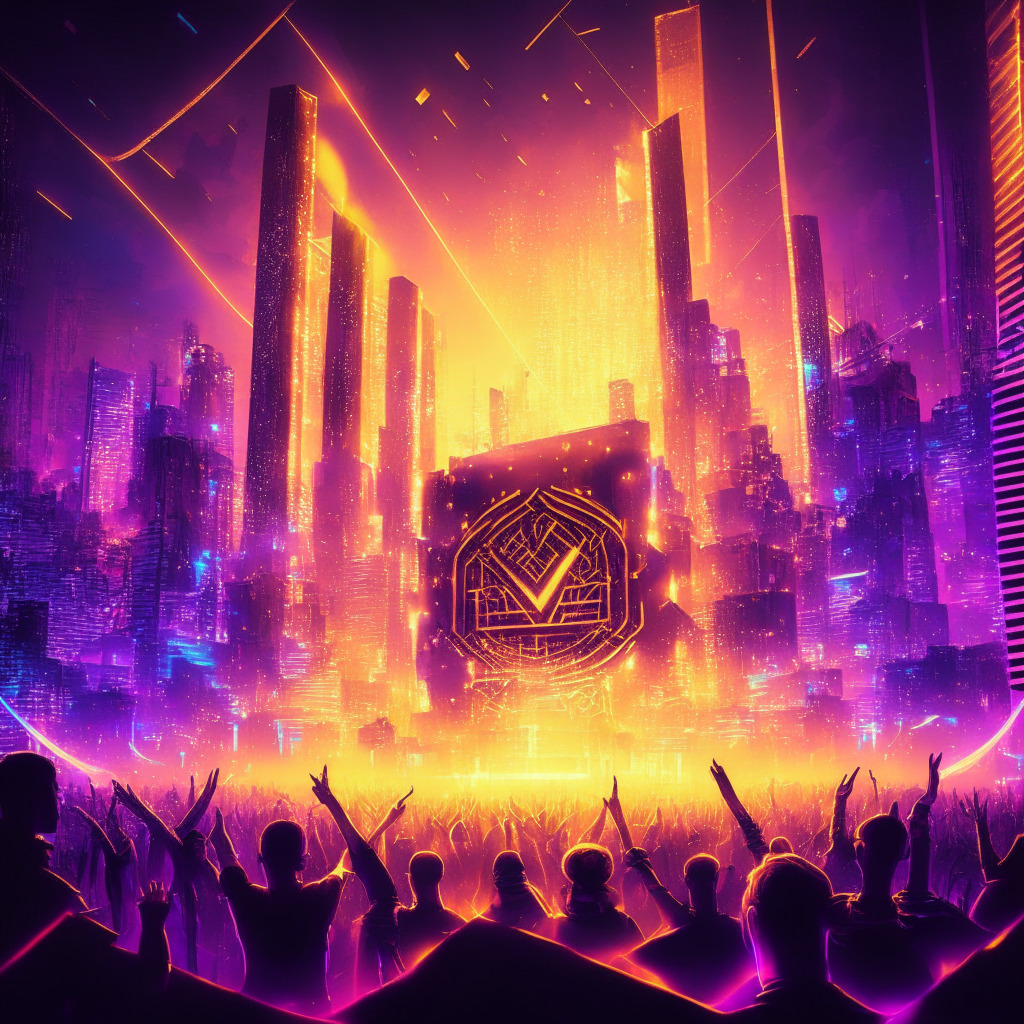When pop music megastar Taylor Swift re-recorded her complete back catalog, it unveiled the intricacy and complexity of the traditional music industry. A notorious platform, it frequently subjects rising and uninformed musicians to contracts that tend to undervalue their contributions. However, with new technology on block, blockchain offers a promising alternative.
Blockchain, especially when coupled with Non-Fungible Tokens (NFTs), offers artists an opportunity to have more control over their creations. Blockchain technology is frequently marketed as a potentially democratizing force in industries like music, allowing musicians to connect directly with their audiences and receive a larger proportion of the profits through NFTs.
A particular application of music NFTs involves tokenizing the royalties of a song. This allows enthusiasts to earn a percentage of the revenue generated by their favorite musician’s tracks. This idea wonderfully amalgamates the concepts of fan loyalty, investment, and direct artist support.
Tokenizing music royalties, however, does not come without complications. Music copyright rules and royalty collection are complex and largely off-chain. Placing royalties on blockchain essentially means fractionalizing the royalty rights as NFTs. Token holders receive regular payouts in crypto form, proportionate to their share of the rights.
The advocates of the Web3 music industry aim to educate artists about the industry, help them realize the true value of their music, and retain more ownership of their creations. Though artists relinquish a portion of their future music industry royalties, they gain access to another set of blockchain royalties generated from the secondary sales of their NFTs.
Fans stand a chance to gain financially as well. With the possibility of receiving fractionalized royalties, fans can monetarily profit alongside the artists they support. Apart from the mementos they receive, fans also have a chance to earn bragging rights, proving their loyalty and support to a particular artist from the early stages.
The traditional music industry remains off-chain, dealing with crypto and NFTs, particularly in the United States, raises questions of regulatory and legal ambiguities. This highlights that achieving a fully on-chain industry might be a daunting task as it would require music rights to be stored and royalties to be paid on-chain – both are feasibly implementable, but seem to hover low on the priority list for the traditional music industry.
Despite these challenges, the incorporation of blockchain technology into the music industry offers an exciting alternative for artists seeking more control over their work. However, the potentially democratizing effects of blockchain technology in the music industry will take time to fully materialize, requiring patience, resilience, and understanding.
Source: Cointelegraph




